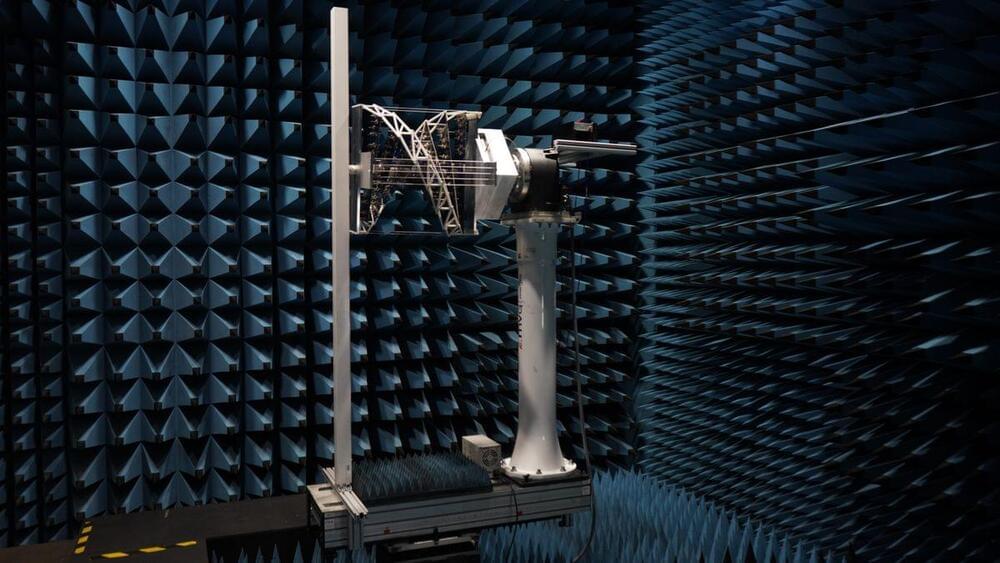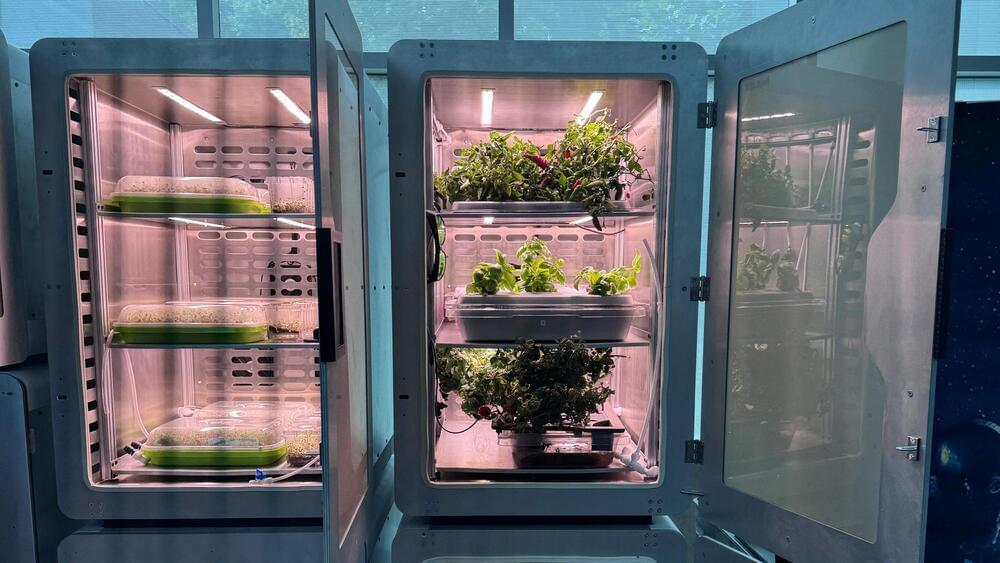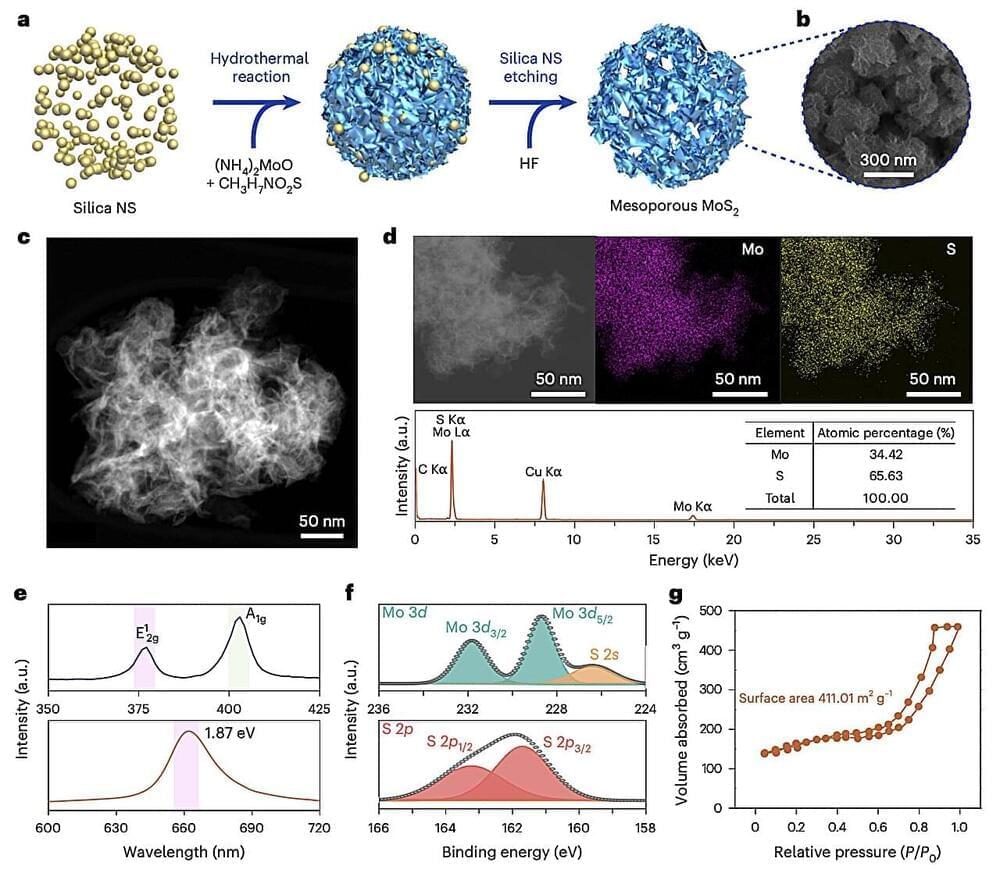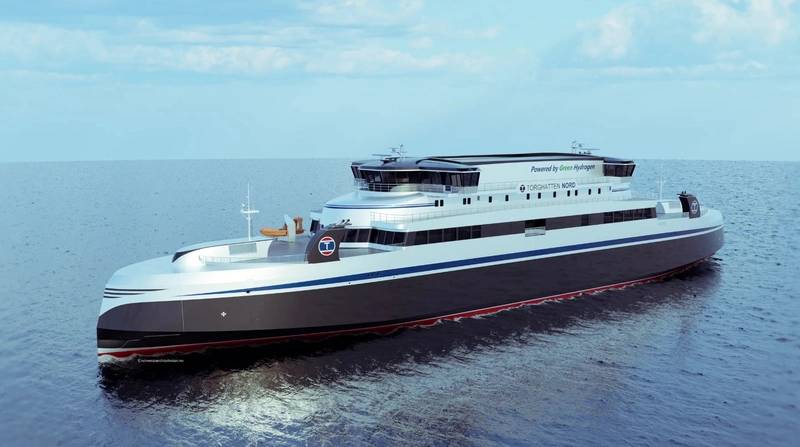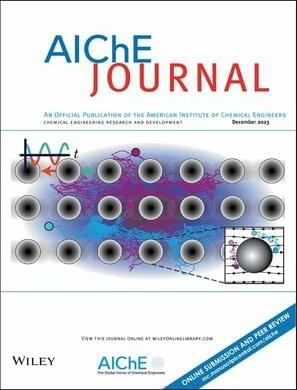
Bioengineered bacteria to eat plastic in seawater:3 Which in large quantities can eat all the plastic in the ocean:3 Yay face_with_colon_three
Poly(ethylene terephthalate) (PET) is a highly recyclable plastic that has been extensively used and manufactured. Like other plastics, PET resists natural degradation, thus accumulating in the environment. Several recycling strategies have been applied to PET, but these tend to result in downcycled products that eventually end up in landfills. This accumulation of landfilled PET waste contributes to the formation of microplastics, which pose a serious threat to marine life and ecosystems, and potentially to human health. To address this issue, our project leveraged synthetic biology to develop a whole-cell biocatalyst capable of depolymerizing PET in seawater environments by using the fast-growing, nonpathogenic, moderate halophile Vibrio natriegens. By leveraging a two-enzyme system—comprising a chimera of IsPETase and IsMHETase from Ideonella sakaiensis —displayed on V. natriegens, we constructed whole-cell catalysts that depolymerize PET and convert it into its monomers in salt-containing media and at a temperature of 30°C.
